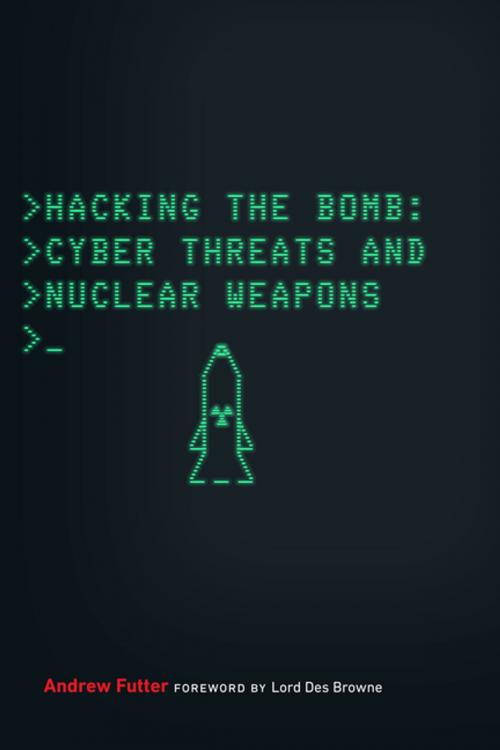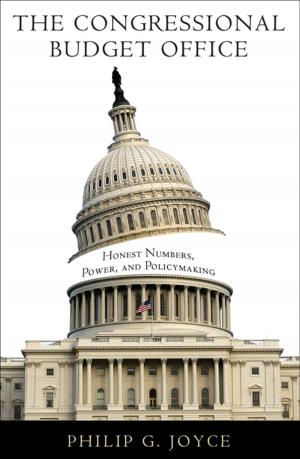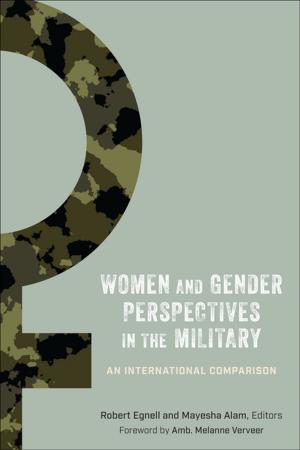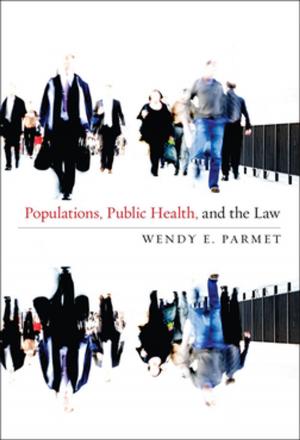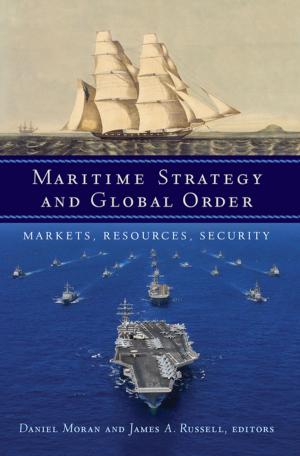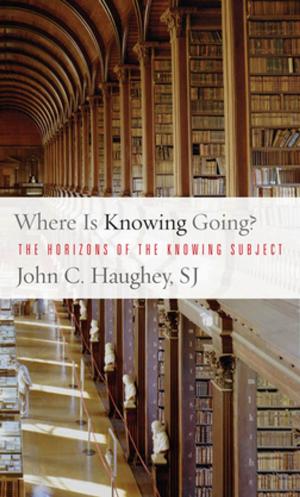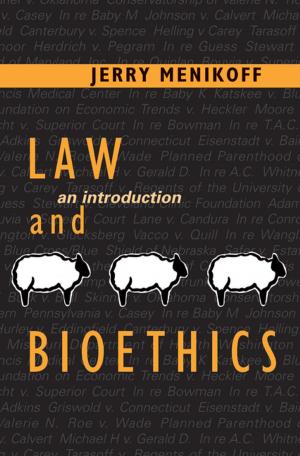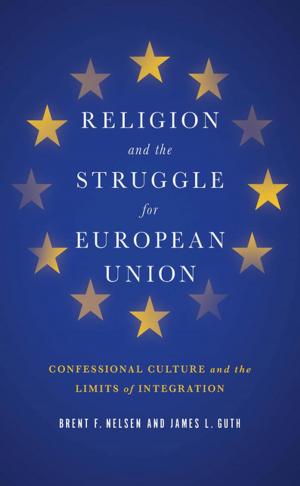Hacking the Bomb
Cyber Threats and Nuclear Weapons
Nonfiction, Social & Cultural Studies, Political Science, Politics, Arms Control, International, International Security| Author: | Andrew Futter | ISBN: | 9781626165663 |
| Publisher: | Georgetown University Press | Publication: | April 2, 2018 |
| Imprint: | Georgetown University Press | Language: | English |
| Author: | Andrew Futter |
| ISBN: | 9781626165663 |
| Publisher: | Georgetown University Press |
| Publication: | April 2, 2018 |
| Imprint: | Georgetown University Press |
| Language: | English |
Are nuclear arsenals safe from cyber-attack? Could terrorists launch a nuclear weapon through hacking? Are we standing at the edge of a major technological challenge to global nuclear order? These are among the many pressing security questions addressed in Andrew Futter’s ground-breaking study of the cyber threat to nuclear weapons.
Hacking the Bomb provides the first ever comprehensive assessment of this worrying and little-understood strategic development, and it explains how myriad new cyber challenges will impact the way that the world thinks about and manages the ultimate weapon. The book cuts through the hype surrounding the cyber phenomenon and provides a framework through which to understand and proactively address the implications of the emerging cyber-nuclear nexus. It does this by tracing the cyber challenge right across the nuclear weapons enterprise, explains the important differences between types of cyber threats, and unpacks how cyber capabilities will impact strategic thinking, nuclear balances, deterrence thinking, and crisis management. The book makes the case for restraint in the cyber realm when it comes to nuclear weapons given the considerable risks of commingling weapons of mass disruption with weapons of mass destruction, and argues against establishing a dangerous norm of “hacking the bomb.”
This timely book provides a starting point for an essential discussion about the challenges associated with the cyber-nuclear nexus, and will be of great interest to scholars and students of security studies as well as defense practitioners and policy makers.
Are nuclear arsenals safe from cyber-attack? Could terrorists launch a nuclear weapon through hacking? Are we standing at the edge of a major technological challenge to global nuclear order? These are among the many pressing security questions addressed in Andrew Futter’s ground-breaking study of the cyber threat to nuclear weapons.
Hacking the Bomb provides the first ever comprehensive assessment of this worrying and little-understood strategic development, and it explains how myriad new cyber challenges will impact the way that the world thinks about and manages the ultimate weapon. The book cuts through the hype surrounding the cyber phenomenon and provides a framework through which to understand and proactively address the implications of the emerging cyber-nuclear nexus. It does this by tracing the cyber challenge right across the nuclear weapons enterprise, explains the important differences between types of cyber threats, and unpacks how cyber capabilities will impact strategic thinking, nuclear balances, deterrence thinking, and crisis management. The book makes the case for restraint in the cyber realm when it comes to nuclear weapons given the considerable risks of commingling weapons of mass disruption with weapons of mass destruction, and argues against establishing a dangerous norm of “hacking the bomb.”
This timely book provides a starting point for an essential discussion about the challenges associated with the cyber-nuclear nexus, and will be of great interest to scholars and students of security studies as well as defense practitioners and policy makers.
